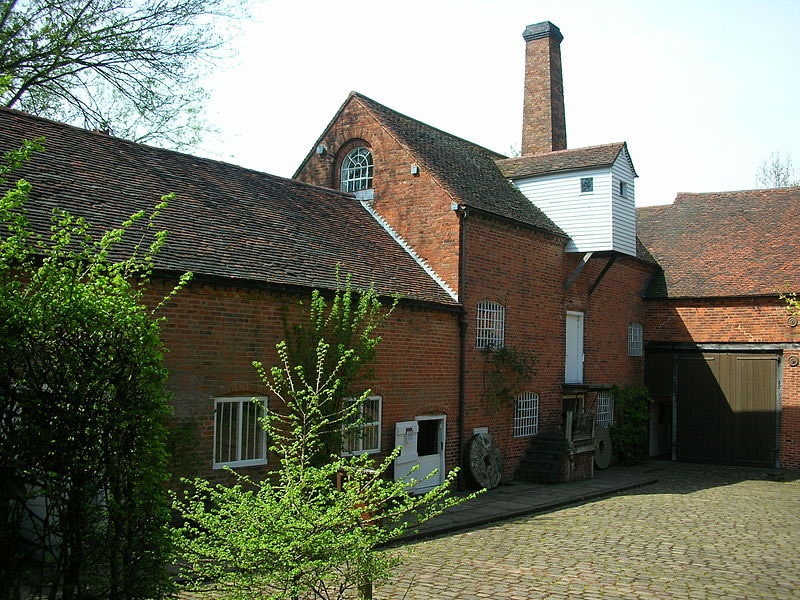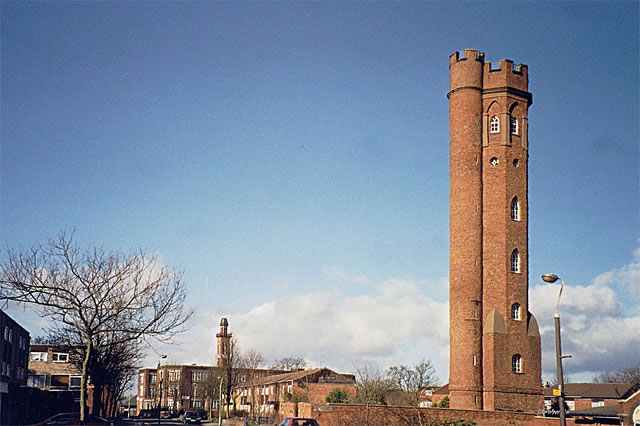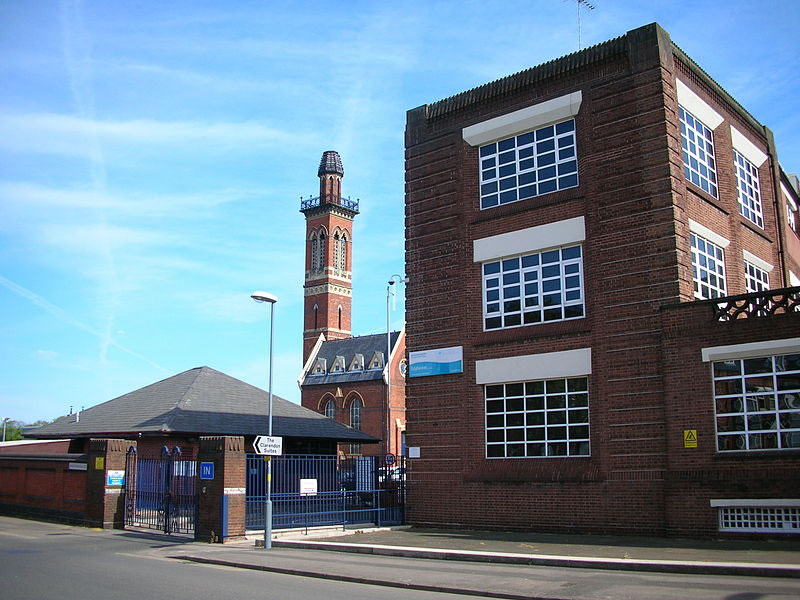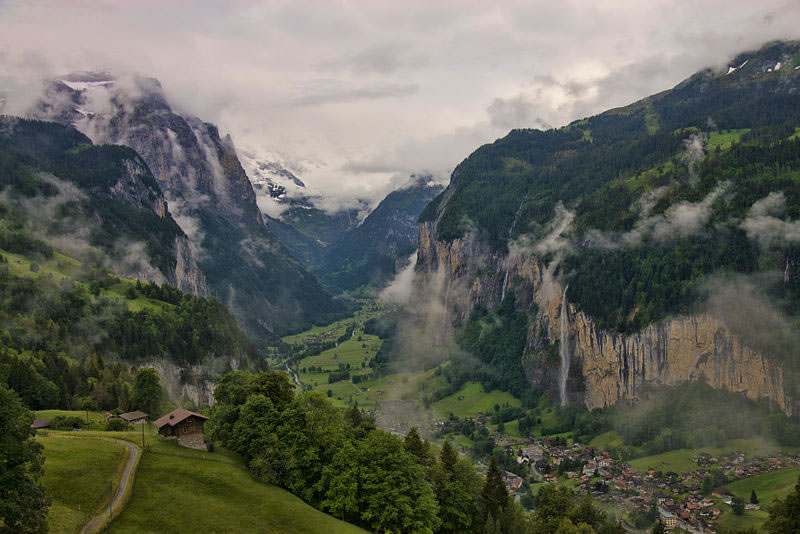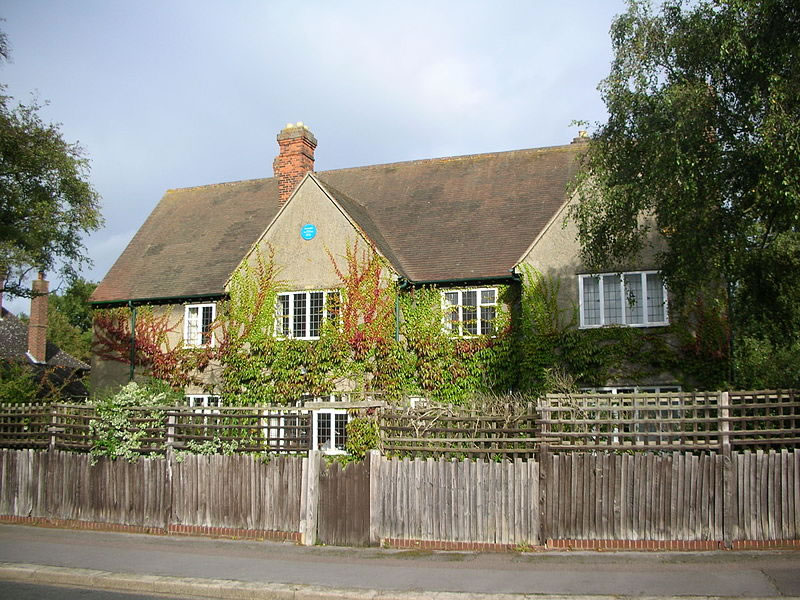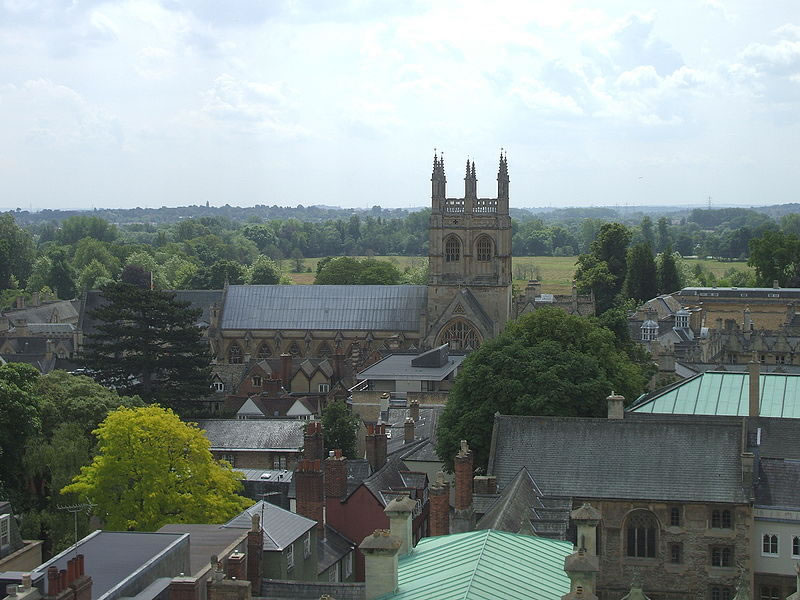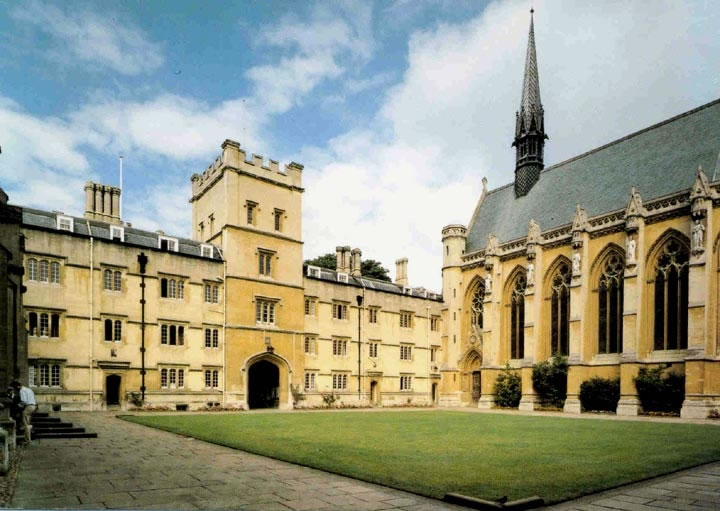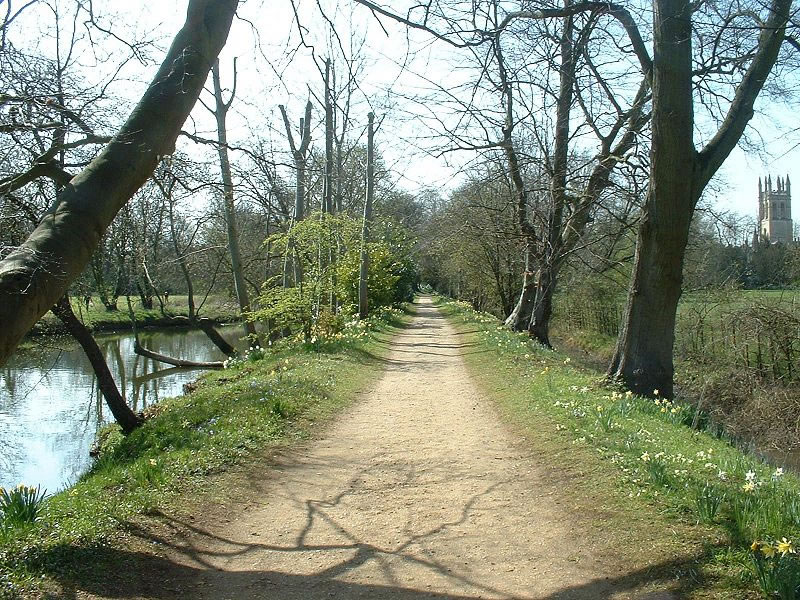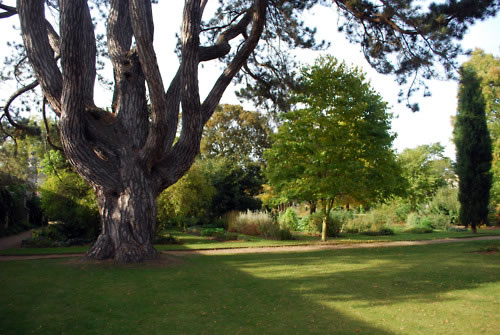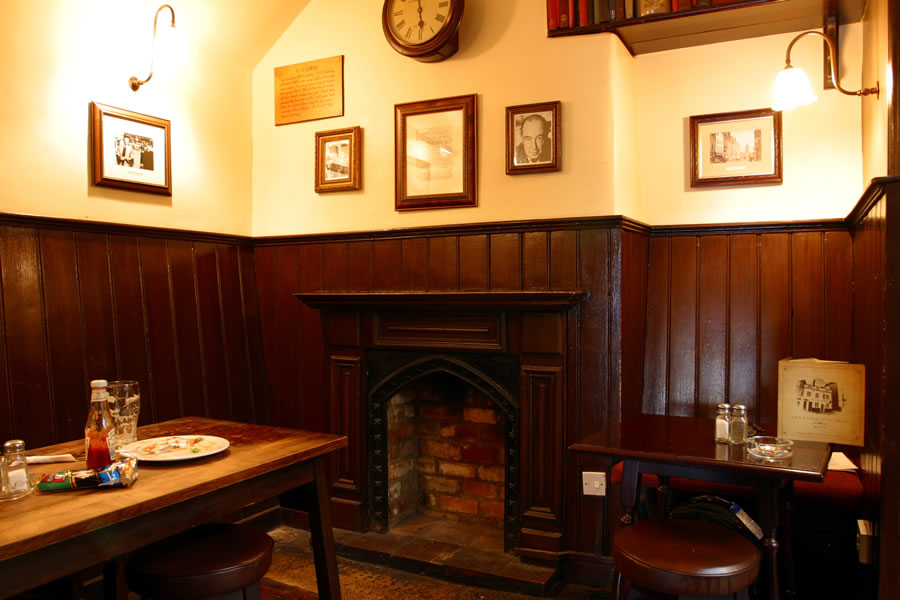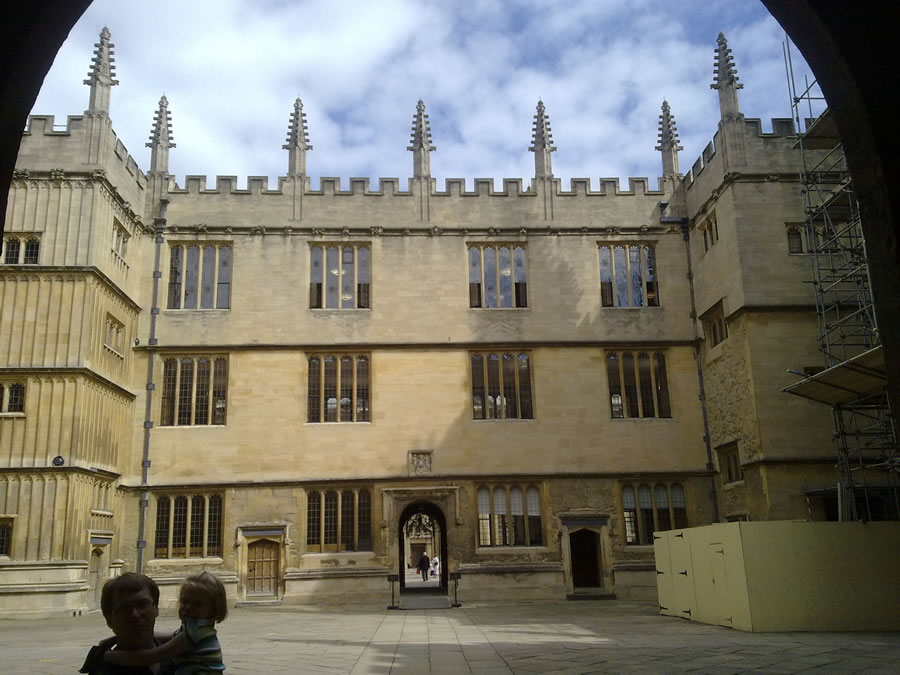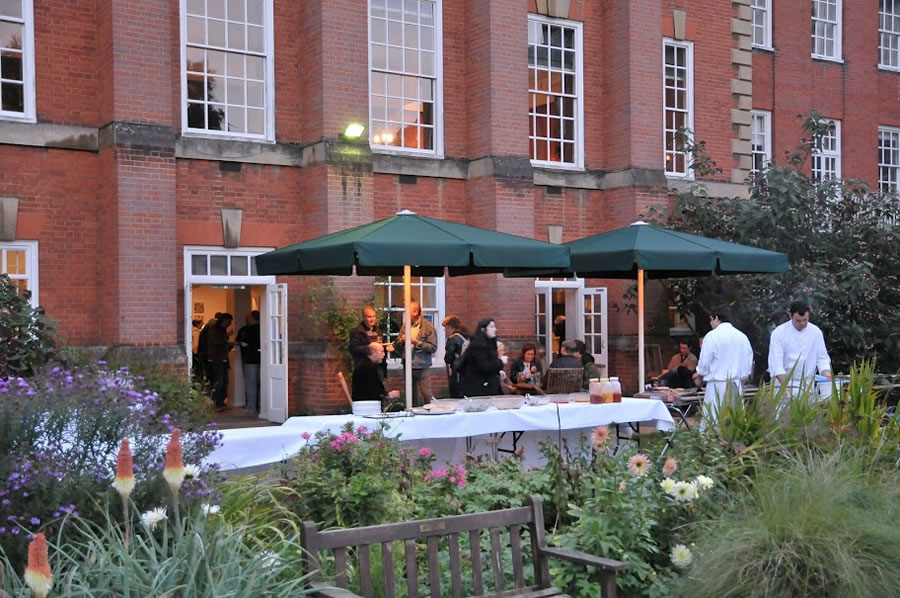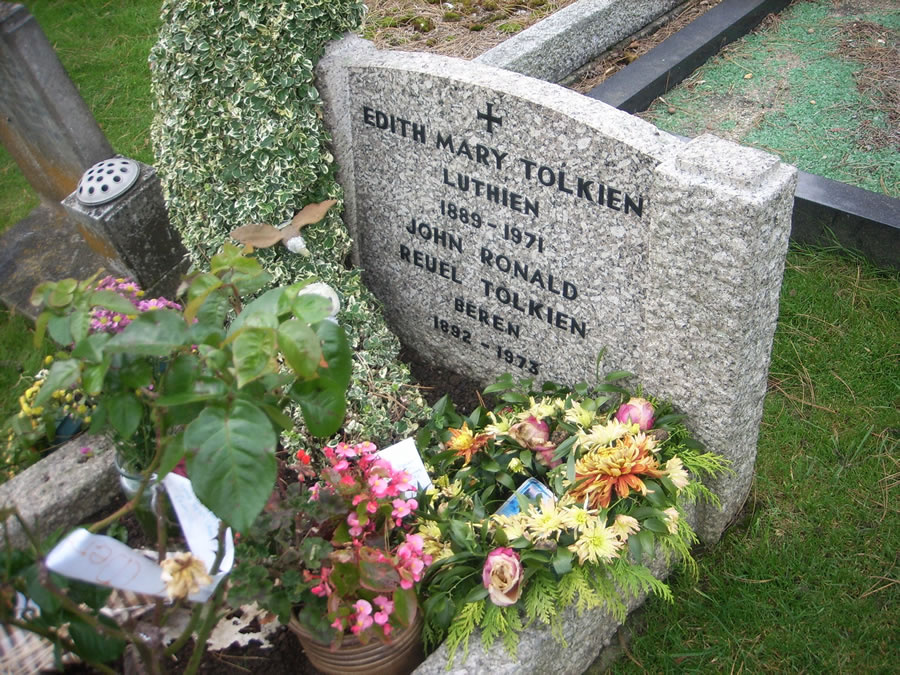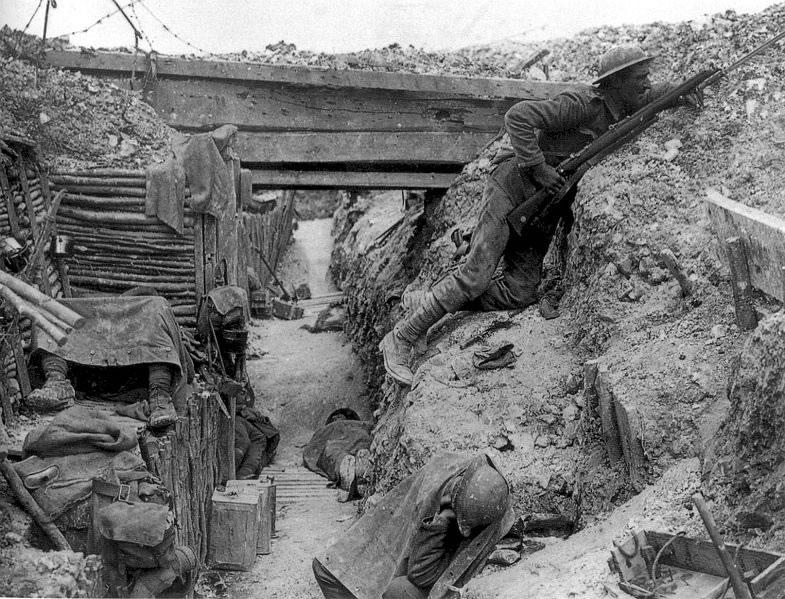Fifteen Places Tolkien Fans should Visit before they Die (29.08.12 by Imogen Reed) -
Comments
JRR tolkien's books and works continue to inspire. Thanks to the huge success of Peter Jackson's film franchise, a completely new generation have discovered the fantasy and magic that Tolkien created. However, what was it that inspired Tolkien, a university professor and academic, to conjure up the incredible imagery of Mordor, the Shire, the Forest of Mirkwood and the towers of Barad-dûr and Orthanc? What better way to find out than to visit the places where Tolkien lived, grew up, and worked. Many of these places inspired his creation of Middle-earth, and for any Tolkien fan, there are fifteen places you must see if you want to try to understand the mind of the true master of high fantasy.
Sarehole Mill
While Tolkien was born in Orange Free State in South Africa, his family moved to on the outskirts of Birmingham when he was just four years old. At the time, Birmingham was the industrial heart of the UK, but Tolkien lived away from the factories and warehouses and enjoyed rolling fields, pastures, woods and quaint buildings in the little hamlet of Sarehole Mill. Tolkien spent much of his childhood at Sarehole, which has a water driven mill in its centre, playing with his brother. Many people think Tolkien used his early childhood memories of Sarehole as inspiration for the Shire and Hobbitton, and when you see the quaint cottages and the mill itself, you will understand why. If there is a building on earth that best describes Bag End, then it is Sarehole Mill. Tolkien loved the place so much that he helped pay for its restoration in the 1960s.
Perrott's Folly
tolkien's The Two Towers is named after the towers of Orthanc in Isengard and Barad-dûr in Mordor. While several different locations have been suggested to be the inspiration for these two monoliths, when you set on eyes on
Perrott's Folly, you will have to admit it has to be a leading contender. Not far from where Tolkien lived as a child, the tall, thin tower of Perrott's Folly, with its ramparts and medieval appearance, looks like it jumped straight out of the pages of one of tolkien's books. Built by John Perrot in 1758, the folly would have originally offered an unrivalled view of the pre-industrialised Birmingham. However, in tolkien's day, the most distinguishable sight visible from the top of Perrott's Folly would have been the tall tower of Edgbaston Waterworks or the clock tower of the nearby university.
Edgbaston Waterworks
If Perrott's Folly provided the inspiration for the tower of Orthanc in Isengard, then the nearby tower of Edgbaston waterworks could easily be the inspiration for Mordor's Barad-dûr. The clunking sounds of the engine and boiler house and the belching steam coming from the chimneys during tolkien's day, would certainly have been similar to the dark and sinister images of Mordor that he so masterfully described.
New Zealand
While Tolkien never visited New Zealand himself, the rugged scenery used by Peter Jackson in his trilogy of movies (and forthcoming Hobbit films) certainly created the atmosphere of Middle-earth. New Zealand is certainly worth a visit for any fan that has been enamoured with the films. The rugged and imposing scenery provides a glimpse of Middle-earth in real life, especially Mount Ngauruhoe, which served as Mount Doom. While New Zealand is long flight from both Europe and America, Australasia cruises provides a more sedate and relaxing way of seeing New Zealand and the surrounding antipodean islands. It is certainly worth the effort an expensive too, as many of the natural features serve as the perfect backdrop for the imaginings of Tolkien, and if you go now, you may catch a glimpse of filming for the forthcoming
Hobbit trilogy.
The Lauterbrunnen Valley, Switzerland
When Tolkien sat down and sketched many of the locations from Middle-earth, the startling similarity between his drawing of the Elvish outpost Rivendell and the actual pictorial landscape of Lauterbrunnen is easily evident. It is no surprise to find out that Tolkien travelled to the valley during his late teens where he must have been captivated by the rolling hills and river Weisse Lütschine cutting its way through the valley, which probably formed the inspiration for the Bruinen River (River Loudwater) of Middle-earth.
tolkien's Home in Oxford
Just as important as Birmingham where Tolkien grew up, Oxford is where he lived, worked, socialised and died. Oxford is also the place where Tolkien wrote Lord of the Rings. Only a blue plaque signifies the importance of 20 Northmoor Road in North Oxford where Tolkien penned his famous works. However, as it took him 17 years to complete the Lord of the Rings and Hobbit in its cramped rooms, the unimposing cottage is certainly a must see for any Tolkien fan.
Merton College
For much of his life, Tolkien was a professor of English language and literature. He spent 14 years teaching at Merton College in Oxford, which is one of the oldest colleges in the UK, having been founded in the thirteenth century. Merton also has one of the oldest working libraries in the UK, which was a place where Tolkien would have spent a lot of time reading and studying.
Exeter College
If you are visiting Merton College then you must pop next door to Exeter College where Tolkien was an undergraduate from 1911 until the start of the First World War. While the building where his rooms were located in the college no longer exists, the college is the home to a rather committed branch of the Tolkien Society, which meet at the Pippa Langston Room, Cornwall House, every Thursday evening at 7pm.
Addison's Walk
Made famous in his biography, Addison's Walk in the grounds of Magdalen College, Oxford was where Tolkien, C.S.Lewis and Hugo Dyson had a lengthy conversation, which led to C.S.Lewis converting to Christianity. It is also an incredibly picturesque walk with tall trees bordering the path that conjure up images of the walk through Mirkwood in the Hobbit.
tolkien's Tree University Botanical Gardens
Tolkien spent a lot of time in the
Botanic Gardens in Oxford where he would sit against his favourite tree. Famously photographed against this twisty, deformed Pinus nigra, it is an enormous Austrian pine that must have served as inspiration for the Ents in Lord of the Rings as the tree looks as if it is about to stand up and walk.
The Eagle and Child
Tolkien was a keen drinker and enjoyed public houses. In Oxford, his local was the Eagle and Child where the great man drank for over 30 years. He was a regular within the pub's walls and often spent time with other literary figures of the age such as CS Lewis. Tolkien, Lewis and other writers, formed a literary club known as the Inklings, who would read passages of each other's work in the pub, which is now commemorated by a plaque.
The Bodleian Library
Another must see location in Oxford for any Tolkien fan is the
Bodleian Library, which is the main research library at the University. This is the location where many of tolkien's treasured manuscripts and original drawings for Lord of the Rings are kept and allows fans the unique privilege of seeing the original works close up. Furthermore, it is also home to the
Red Book of Hergest, one of the most important medieval documents in the world, which is full of ancient tales and poetry (written in Welsh) and probably served as inspiration for his tolkien's own fictional Red Book of Westmarch.
Oxonmoot
If you have never been to a major Tolkien event then you really can't call yourself a fan. Perhaps the best is Oxonmoot, run by the
Tolkien Society UK, which is held at Oxford College during the weekend closest to 22 September (Frodo and Bilbo's birthday). The weekend celebration is a mix of talks, exhibitions, shows and a masque ball held in the evening where everyone dresses up as their favourite Lord of the Rings characters.
tolkien's resting place
No visit to Oxford would be complete without paying your respects to the great man himself. Tolkien is buried in Wolvercote Cemetery in the north Oxford suburb of Wolvercote. Many Tolkien fans visit the grave each year and lay flowers and it is the perfect place to reflect quietly on his works and their importance to literature.
The Somme
Tolkien was one of the unfortunate many that fought in the Battle of the Somme in Northern France during the First World War, the events of which had a huge impact on his life and beliefs. As a serving Signalling officer for the 11th Battalion of The Lancashire Fusiliers, Tolkien lost many friends, including school chums Robert Gilson and Geoffrey Bache Smith. Tolkien himself was probably saved by contracting trench fever, which forced him to return to England to convalesce. However, the war affected him greatly. He wrote many times on his hatred for war, whatever the cause, which is particularly evident to the letters sent to his son, Christopher during the Second World War. Perhaps his descriptions of the desolation following the battles in the Silmarillion owe much to his wartime experiences, in particular, the devastating effect of Morgoth's monstrous iron dragons, which perhaps owe homage to the use of tanks for the first time during the Battle of the Somme.
Enjoyed this post? Click to get the RSS feed.
Spread the news about this J.R.R. Tolkien article:
